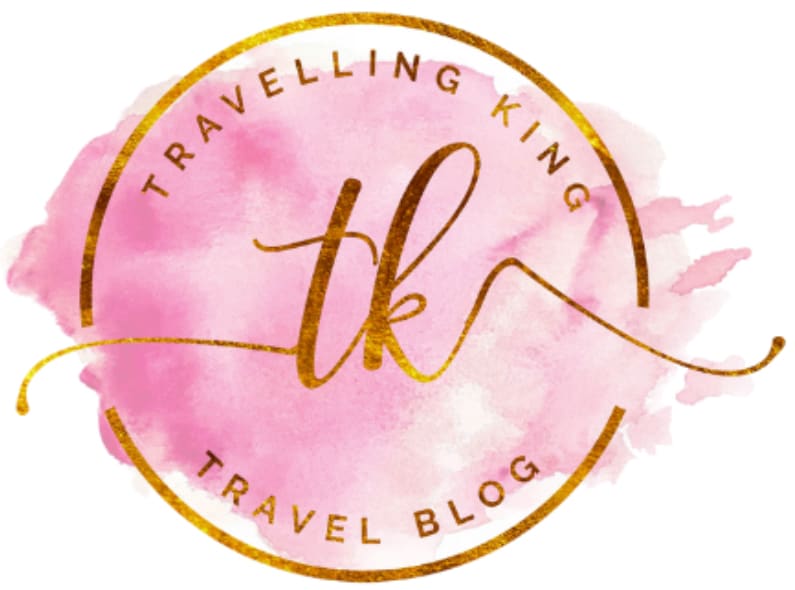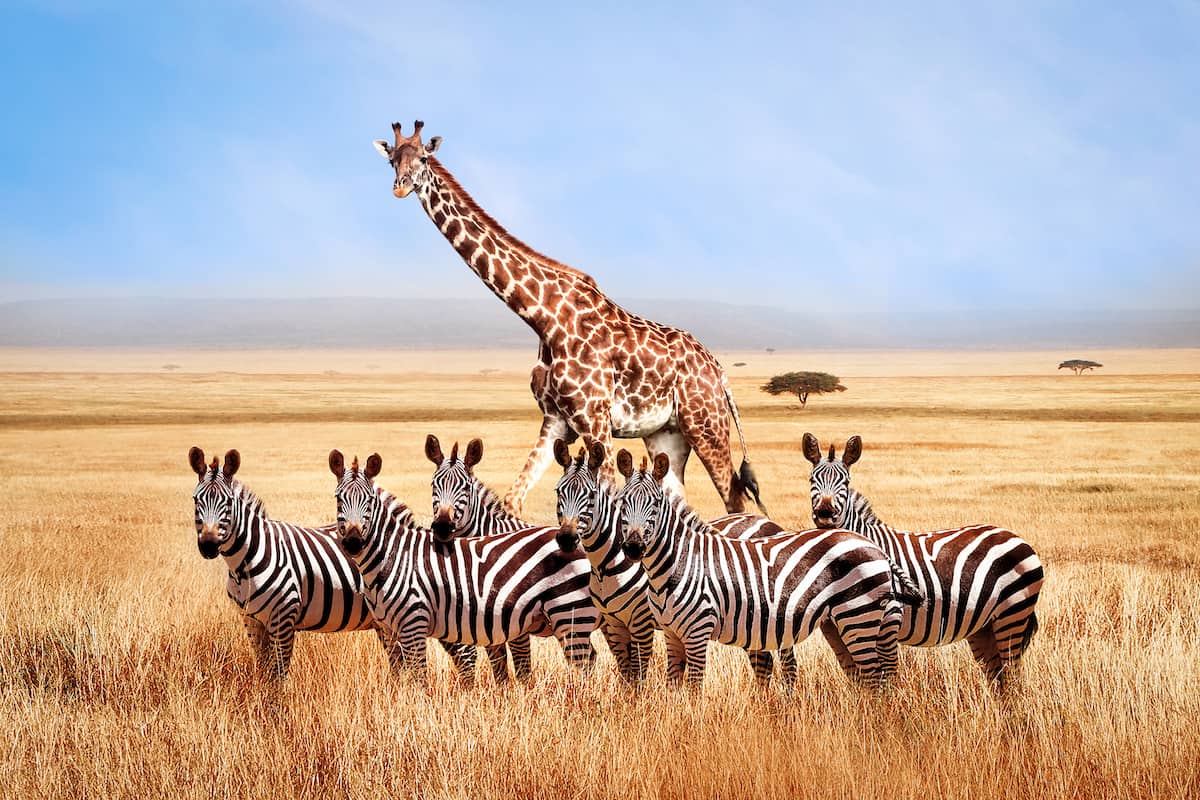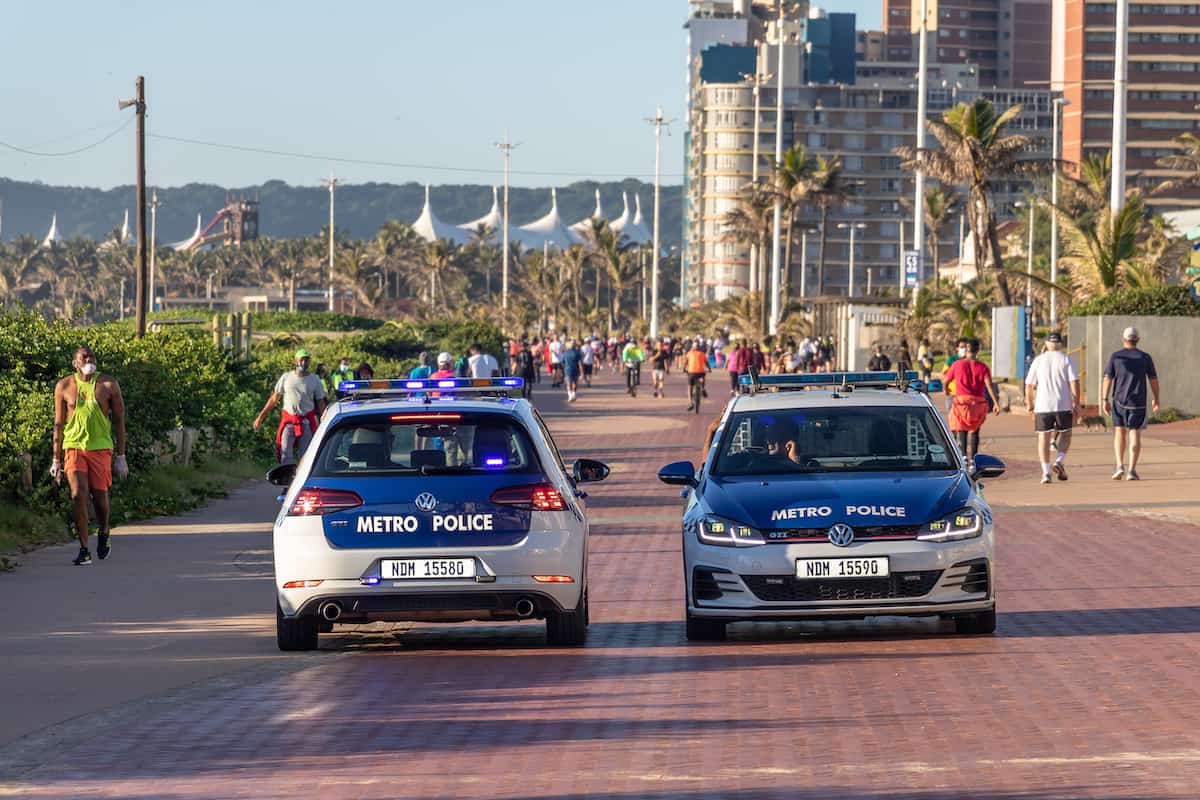Is South Africa A Good Place To Live?
I’ve lived in South Africa for a long time, and it has been a fantastic journey so far. South Africa is an absolutely wonderful place to live in, with opportunities and experiences you won’t find anywhere else. The climate is excellent, the people are friendly and welcoming, and there’s no shortage of places to explore.
The only downside, which I’d be remiss not to mention, is the crime rate in some parts of the country. Taking necessary precautions when travelling around is important because crime levels can vary significantly from place to place.
Overall, I highly recommend South Africa as a place to live – the lifestyle here is unique, and you’re sure to have many wonderful memories if you choose this beautiful country as your home!
If you are wondering, “Is South Africa a good place to live?” let us help you separate the differences that make South Africa living worth it or not for you as a person, couple or family. Like any country, it has pros and cons, and whether it’s an excellent place to live depends on your preferences, needs, and priorities.
Perched on the southern tip of Africa, this beautiful country embraces its true cultural heritage and showcases a stunning diversity of landscapes, topography, geography and a well-rounded climate that slightly changes depending on which region you find yourself in.
South Africa is a country with various landscapes, cultures, and opportunities. You will encounter incredible scenery, wildlife, and rich history, making it a mixing pot of experiences and possibilities.
To give you a quick breakdown, South Africa has three capitals, twelve official languages and 21 National Parks – such as the famous Kruger, home to many African animals like the big five. It is a biodiversity hotspot of unique biomes, plants and animal life.
The country holds ten UNESCO World Heritage Sites and one out of the seven natural wonders of the world, Table Mountain, which is part of the Cape Floral Kingdom World Heritage Site. It is the world’s biggest producer of gold and various other metals and is recognised as one of the world’s largest producers and distributors of diamonds, thanks to the reputable De Beers.
South Africa contains some of the oldest archaeological and human-fossil sites in the world, with a rich tribal history dating back to our original ancestors that walked the lands of Botswana many years ago.
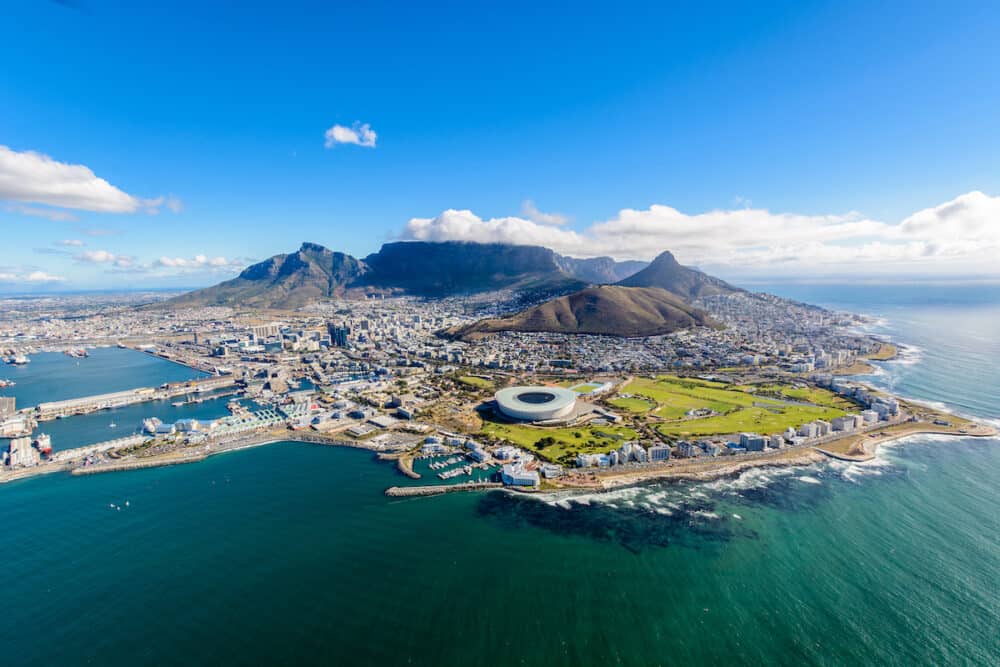
Moving abroad to live in South Africa, especially regions like Johannesburg, Cape Town and Durban, will give you quite the cultural shock but still make you feel at home. You will need to prepare yourself for the typical, everyday sayings that most people around the world may find ridiculous and even a little funny.
“Lekka!” is a common word that you will hear at least three times a day, along with others such as “Howzit”, “Yebo”, and “Shame”. For some, this can be a great and fun way to dive into the culture and get to know the locals, but for others, it may seem like an added effort.
Locals and visitors use the South African Rand, which is weaker than most major global currencies but an excellent choice for a cheaper lifestyle whilst still living at a good value. Cape Town, also known as the Mother City and South Africa’s oldest, has recently been recognised as ‘the best city in the world at the 2023 Telegraph Travel Awards.
Moving to South Africa can be daunting with so many misinterpretations from different people. You tend to hear people commenting on the crime, but it’s one of the best tourist destinations in the world. You hear about shark-infested waters just to find out how many people love the ocean and swim in it daily.
It can become a scorching climate, but there is snow during the Winter. Emigrating to South Africa can bring ample opportunity and provide you and your family with the perfect living conditions and life change.
Other than being aware of the downfalls, it’s a great country to move to but like many, and it just depends on your preferences and how willing you are to make changes. Below is a details list of the different pros and cons of living in South Africa:
Plan your trip
Save on fees abroad with the Wise Card—use it at ATMs, restaurants, and for flights or hotels in over 150 countries. Manage 40+ currencies in real-time with the Wise app.
Need Help Planning?
- Cheap Flights: Find the best deals.
- Accommodation: From hostels to luxury stays.
- Car Rental: Affordable options worldwide.
- Sightseeing Tours: Explore without breaking the bank.
- Travel Adapter: One adapter for all your needs.
- Travel Insurance: Don’t risk it—stay covered.
This post includes affiliate links. Read my full disclosure and content policy.
Good things about living in South Africa
“I want to live in South Africa.”
Do you? Fantastic, you’ve made an excellent choice for many reasons, and you won’t regret your decision. This country has become a popular relocation place for expats in recent years, with many areas in South Africa prospering, at a much lower crime rate level.
South African living conditions vary depending on your personal preference. Still, you can choose between living in luxury to general housing and living by the ocean, living more inland, in a city, or in more rural parts of the country.
Some of the best towns to live in South Africa include Cape St. Francis, Port Elizabeth, the famous Garden Route and Cape Town, which has been nominated as one of the best cities in South Africa and the world!
For instance, if you are moving to Cape Town from the USA, you will appreciate the Californian-like beachfront and the fact that you can be in a city whilst still having plenty of adventure-orientated experiences like hiking or surfing right on your doorstep.
If you are moving back to South Africa from the UK, get ready for warm weather and a significant decrease in daily rainfall. One of the reasons this place is so loved is that it does offer everything. Maybe at a better quality than other major first-world countries, but she tries.
Below are the advantages of living in South Africa that will support your decision to relocate and make the final move.
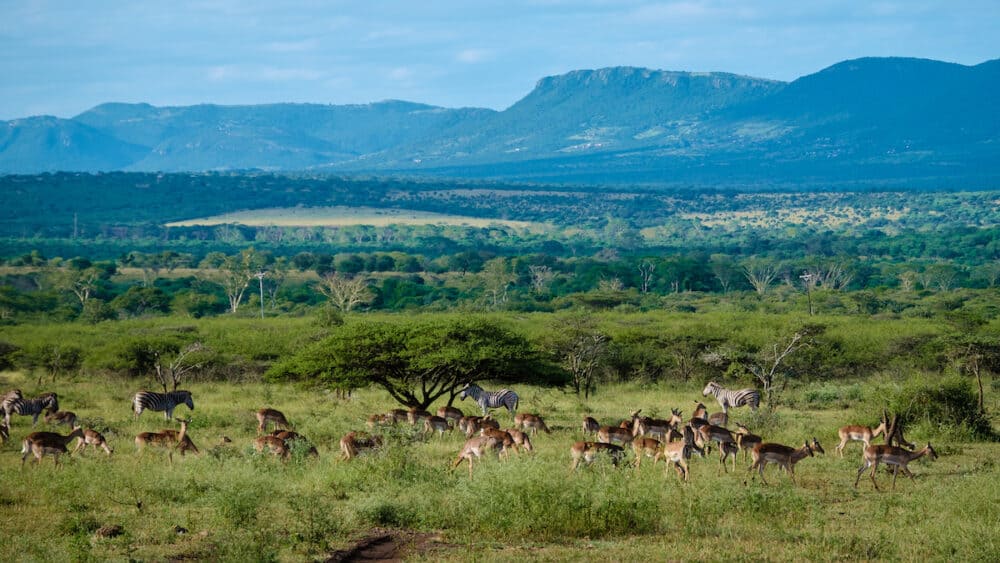
The Pleasant Climate:
The country enjoys a pleasant climate, with different regions offering diverse weather patterns to suit other preferences. If you are an outdoor person who loves sunshine, you will love South Africa.
The country has four seasons— winter, spring, summer, and autumn. The winters are getting colder, with a couple of snow-peaked mountains on the horizon, but not enough to make it uncomfortable.
Clean Air And Water:
Thanks to South Africa being a developing country, plenty of natural resources are abundant throughout that offer a higher quality of water and air compared to many other parts of the world. It may seem unimportant, but it is a top priority for relocation purposes.
It isn’t just important, and it’s a great feeling to know you can open a window and take a deep breath of fresh air or have the ability to drink right out of a tap.
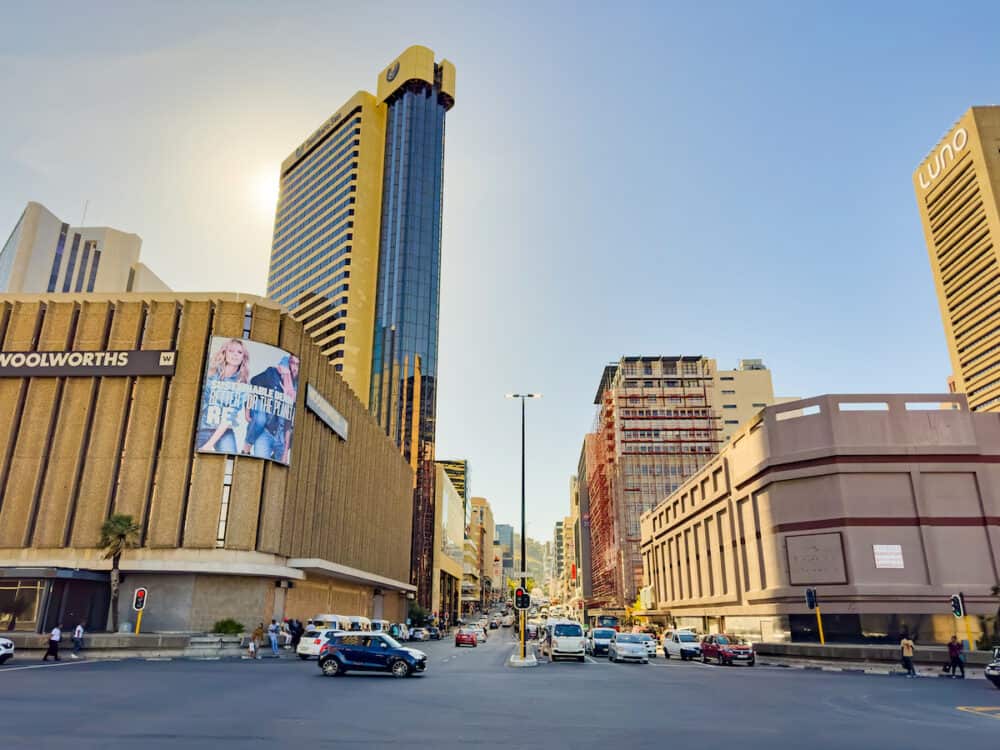
The People and the Cultural Diversity:
Introducing the Rainbow Nation, a term given to South Africa by Archbishop Desmond Tutu as a representation of the unity between their people and an indicator of how diverse the country is. Even the flag was created to symbolise its long struggle for freedom and everything it overcame.
When visiting South Africa, you will find some of the friendliest people, with the warmest welcomes in the world. A melting pot of cultures, traditions, languages and history that shows you the heart of being proudly South African.
The overall vibe of the people is very laid-back and easy-going. You will find polite cultures that are very respectful and helpful, making it easy to meet people and make new friends.
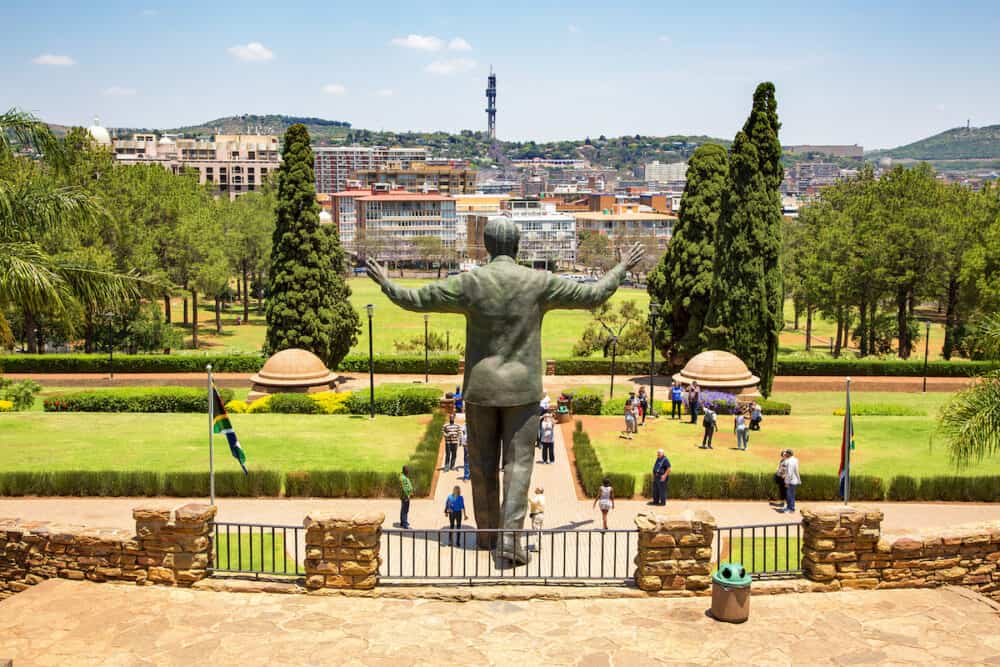
The Nature and African Wildlife:
South Africa is known for its stunning landscapes, including iconic landmarks like Table Mountain, Kruger National Park, and the Garden Route, one of the best places to live in South Africa.
The country is famous for its abundant wildlife, safaris, and nature exploration opportunities. You can engage in various outdoor activities in South Africa, including surfing, hiking, and much more.
The ocean gets extremely cold up the West Coast of South Africa, and if you head up the East Coast, it’s the complete opposite. Warm waters and good surf. A wonderful mixture that could dictate your move to South Africa or not.
We must remember South Africa’s well-known and fantastic wildlife, home to the Big 7 and the inspiration behind The Lion King.
An immense and diverse range of wildlife runs along the different terrains and coastal shores. From elephants to whales and lions to penguins, the opportunities to experience African magic are endless.
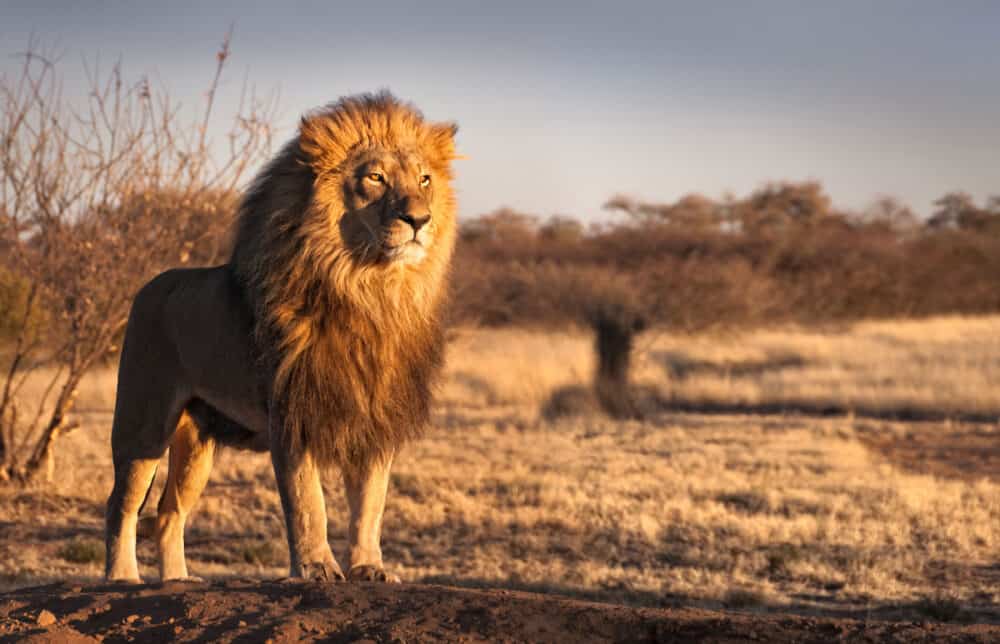
Low Cost of Living:
Compared to other developed countries, the cost of living in South South Africa is relatively low in many areas. If you are planning to relocate but still earn a salary in another currency, the country is cheaper for you than for the locals themselves. Allowing you to live comfortably and access more than the average person.
It is pricier to move to places within the city, but there are great neighbourhoods to choose from that can offer lower rental fees. South Africa has multiple options for transport, but surprisingly, rental or buying expenses for cars are not bad compared to places like the UK or the States.
Fuel and electricity increased in 2022 but have remained relatively steady throughout 2023. Restaurant and Food costs are cheaper and offer good value since a lot of the food is produced on South African soil.
The Food is Amazing:
Once you have visited South Africa, you will understand why so many rave about the incredible variety of dishes on the menus or in the shops. The meat selection stands out the most, thanks to its deep roots in the country’s heritage.
Dating back to the days of colonialism when various populations and ethnic groups with different incomes prepared their meat in specific ways relating to their cultures. Over time, many international and indigenous cuisines have influenced the type of food and meals you will see today in South Africa.
You can only live in South Africa if you accept that the locals there do not barbeque; they are called a ‘braai’. A social event for locals to get together at any time of day, catch up with friends and family, and enjoy the different meats prepared and other dishes that accompany whatever meat is cooked.
Look out for Boerewors Rolls, air-dried meat, bunny chow and well-seasoned, perfectly cooked steak or pork chops.

Relaxed Work Culture:
The people in South Africa are very laid-back, which is characteristically defined in their work culture. You will find hard-working individuals and businesses that strive to grow even during the most challenging times.
Still, as soon as the office hours end, many of the locals will be out of the house to enjoy personal time, sports, community gatherings or walks along the many beaches. People are not known to rush to work and try to enjoy their leisure time before, during and after their work days.
English Is Widely Spoken:
An essential part of living and moving to a foreign country is communication. I am sure many of us can vouch for the moments of struggle when we don’t understand a foreign language, and all you want to do is buy the pretty pink hat on the top shelf. Survival in a new country can become complicated if you cannot communicate locally or at work.
We have eleven official languages, with English ranking sixth thanks to its important role in South Africa’s global commerce. Depending on your choice of areas, you will get a strong mixture of Afrikaans, Xhosa and Zulu, with most people being able to translate and speak in English.
The Magical Sunsets:
Life in South Africa is filled with bright, beautiful sunsets to help you end your day. Places, especially along the coast, are known for their warm and picturesque final moments, like Table Mountain or Lions Head.
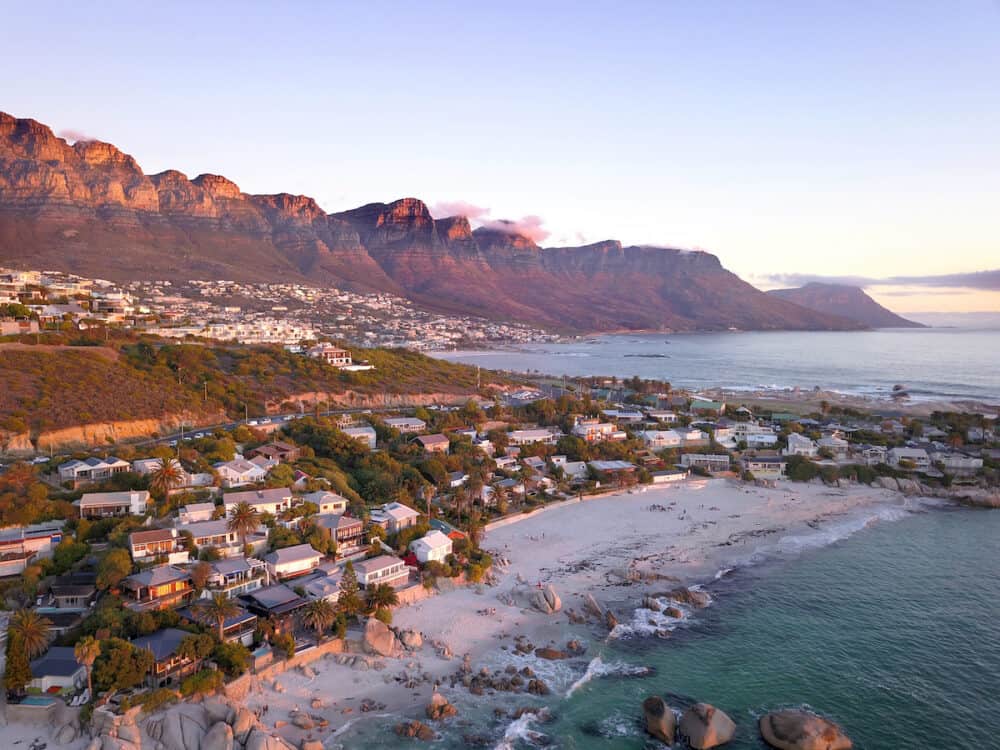
Hello Wine Country:
If you are a wine fanatic, leave your decision here and move to this beloved wine country immediately.
You will find countless vineyards and wineries dotting the coastlines of South Africa, especially around the Western and Eastern areas. You can’t go wrong with the exceptional quality of different wines, tastings and food combinations.
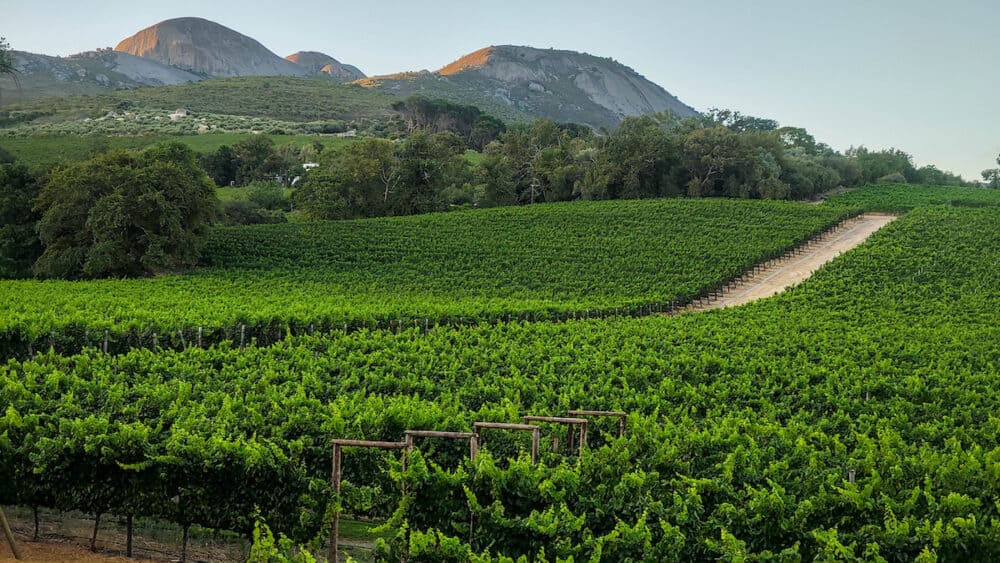
Five Safest Cities in South Africa
In addition to what has been mentioned above, we have curated a list of the best towns to live in South Africa for safety and why we have chosen them:
- Cape Town
Despite a slow rise in crime in certain districts, Cape Town still seen as one of the safest and best cities in South Africa, to live in, compared to its surrounding areas. It’s a modern, diverse, exciting town with some of the world’s most picturesque scenery.
Outside, neighbourhoods such as the Atlantic Seaboard and the Southern Suburbs offer safety and an excellent quality of life. We recommend staying clear of places like the Cape Flats, east of the city.
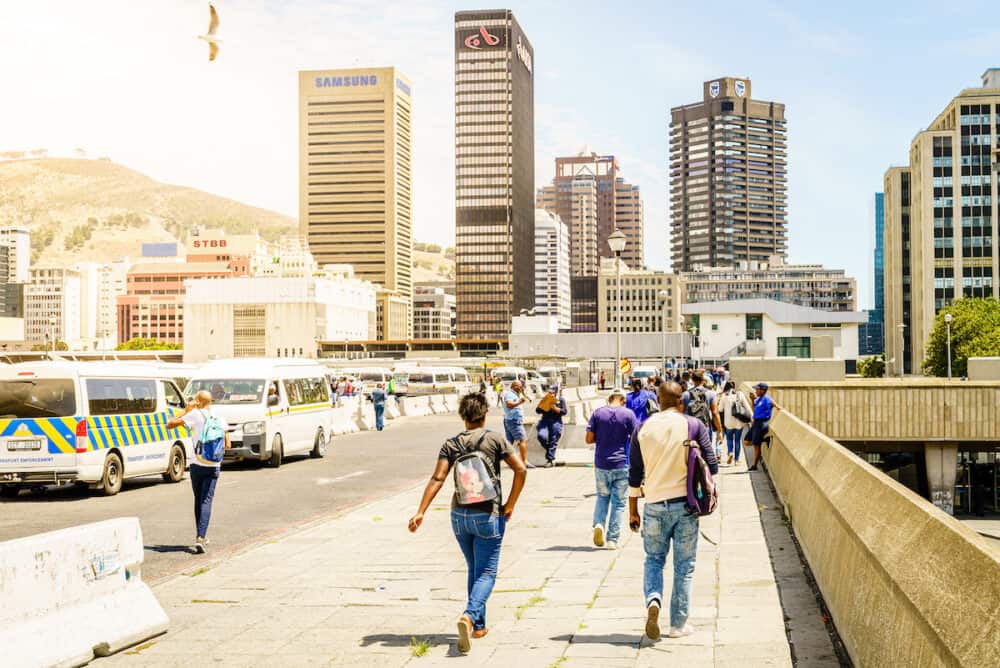
- The Garden Route
Garden Route is one of the prettiest coastal routes that locals and visitors love. It stretches between the Eastern and Western Cape and is one of the best places to live in South Africa if you want a natural and wild setting.
- Port St. Johns
One of the last remaining untouched regions, the Transkei Wild Coast offers a sleepy and sublime lifestyle perfect for a family or an opportunity to escape the world’s craziness. It’s one of the safe parts of the Eastern Cape.
- Cape St. Francis
Nestled between Port Elizabeth and Storms River, just at the end of the Garden Route, you will find Cape St. Francis. One of South Africa’s best surfing locations and a popular holiday destination for local tourists thanks to its beaches. Whilst out of season, it is a peaceful and relaxing environment.
- The West Coast
The West Coast of South Africa is quiet and less populated than its Eastern counterpart, with a wild terrain and coastline. The area is relatively dry, and you will find small, close-quartered towns and villages along the main roads. It’s known to provide suitable treks and hiking opportunities. Places like Churchhaven and St. Helena Bay offer low crime rates and a more content way of living.
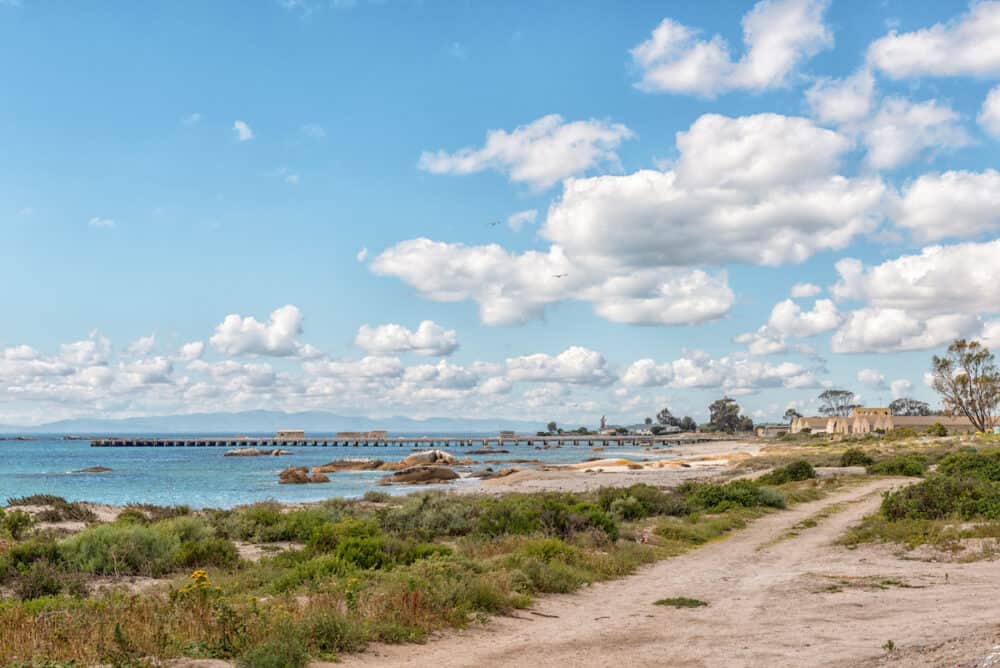
Bad things about living in South Africa
Like all countries, living in South Africa has pros and cons, but it is wise to be aware of the country’s reputation for its high crime rate. Whilst several cities, districts and neighbourhoods offer safety, it’s always better to understand all the details before making the decision to move to South Africa.
A crucial factor before moving anywhere is to list the possible pros and cons that may impact you, your move and your future. Some of these might be reasons not to live in South Africa.
Factors such as safety, job opportunities, personal circumstances and lifestyle preferences. We recommend visiting a country first on a holiday before making any final decisions. Talk to the locals, chat with other expats and contact professionals to help you with this massive decision.
A couple of the major cities located in South Africa have the potential to provide comfortability and safety, whilst others may require more precautions and recognition of the type of lifestyle you could be living.
Moving to Cape Town offers more of a relaxed, laid-back environment. Still, the slow-paced lifestyle may not be for you, whereas moving to Johannesburg is more upbeat, with an exciting atmosphere but a higher probability of getting robbed or hijacked.
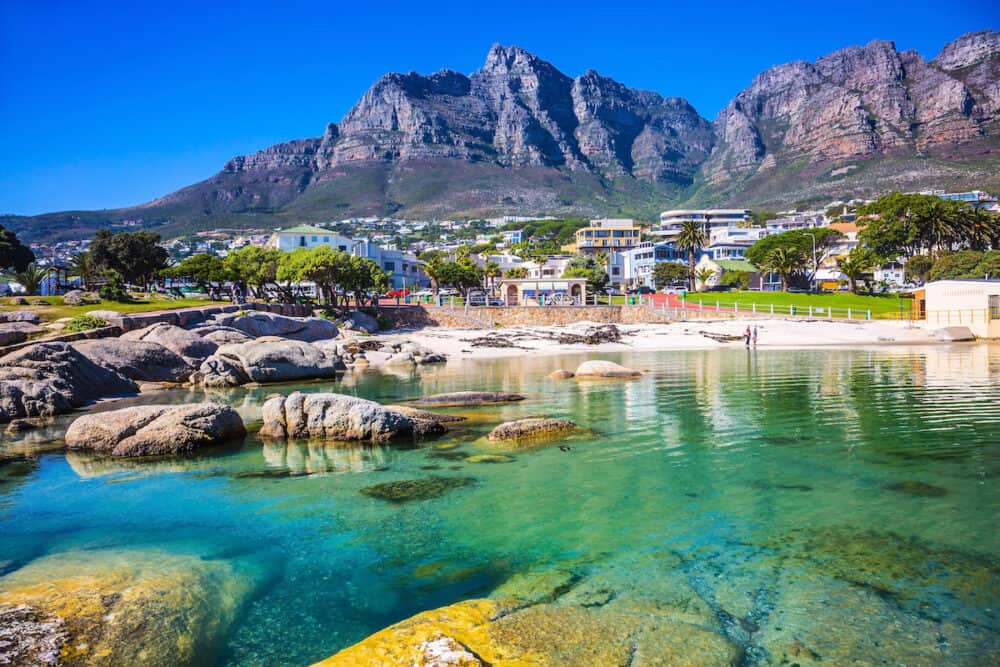
The Government:
The Government has a few issues, to name a few… corruption, missing funds and a constant failure to fix the broken infrastructure. Their failures are why South Africans have been in a continuous struggle.
To give you a brief background, the apartheid legacy, a system of racial segregation and discrimination that was in place for decades, has had lasting effects on South Africans. The inequalities and injustices of the past continue to impact the country’s social and economic dynamics.
Corruption has been a significant issue within the Government, and public institutions have destroyed trust and impeded favourable government rulings, affecting public services and resources.
There have been fighting within political parties and competing interests among government officials, diverting attention from critical issues.
It’s important to recognize that South Africa has made progress since the end of apartheid, and many dedicated individuals within the Government and civil society are working to address these challenges. But changes are slow.
Visas Take Too Long:
There have been reported accounts of a lot of people struggling to get visas. Usually, waiting for periods between four to twelve weeks, possibly even longer, this process has increased over the past few years.
There has been an escalation in complaints regarding communication and support, with little to no response from government officials.
We recommend organizing visas in your home country rather than while you are in South Africa. The waiting period is likely to have lessened, and it seems immigration prioritizes foreigners over locals.
High Crime Rates:
Whether you’re deciding to move for career opportunities, to be closer to friends and family, or to start a new chapter, you want to make sure you’re choosing an area where you’ll feel safe.
Even though South Africa is well-known for its high crime rate, some areas offer much safer options. It’s always better to move somewhere and understand the small changes you may need to make to your lifestyle.
For instance, it’s best always to keep your doors locked—front doors, back doors, car doors, any doors. Locals from the townships are prone to break-ins, robberies and car hijacking. If you are walking the streets of cities and towns, leaving your expensive jewellery and watches at home is best.
If you are alone and driving at night – especially as a female – authorities have given the go-ahead for individuals to run a red light instead of stopping to reduce the number of car hijackings.
Walking at night is a hard no, even with friends; it’s best not to risk it and call an Uber instead. (Uber is cheap and easily accessible around most major cities and towns) Never be afraid to ask anyone for help; the locals understand these situations well and know what to do should you run into trouble.
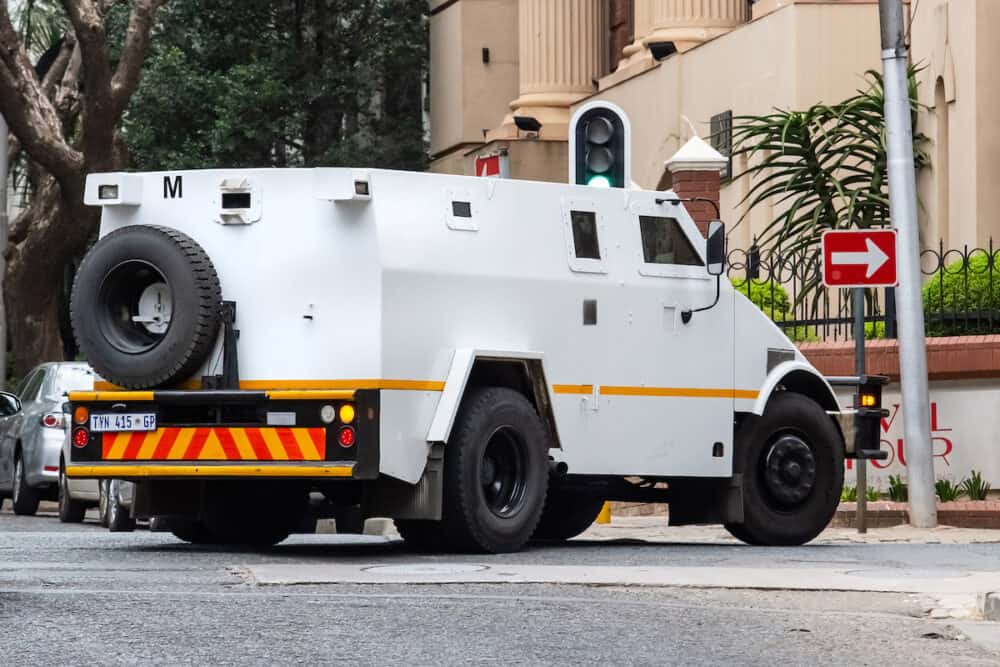
Economic Inequality:
Economic inequality in South Africa is deeply rooted in its history, social structures, and economic policies. The Apartheid resulted in enduring disparities in education, employment, land ownership, and resource access.
The forced removal of non-white communities from land during this era led to significant land dispossession. Many communities were displaced from productive agricultural land and urban areas, limiting their economic opportunities.
The education system was racially segregated during the Apartheid, with non-white schools receiving inferior resources and quality. Historically, non-white individuals were excluded from well-paying jobs and career advancement opportunities. South Africa’s economic structure and reliance on commodity exports make it susceptible to global economic fluctuations.
Resources such as healthcare, housing, and essential services have been disproportionately distributed, with marginalized communities often having limited access to these crucial services.
Unemployment and Poverty:
As mentioned above, the Apartheid impacted the different racial groups in countless ways over the years, leading to a massive increase in poverty.
The high unemployment rate is one of the main reasons why people are poor and struggling. It knocked the country’s economy as a whole, complicating things further.
In most of the main areas in South Africa, you will see a congregation of people who have inhabited small self-built houses that struggle to find an okay-paying salary, which led them to fall under squatter rights due to the inability to afford everyday necessities, rent and transport. Locals call these camped-out areas townships.
The government and other establishments are currently underway with a housing plan which has proved to be a duelling task and an unfortunate trust issue with money-hungry officials.
Poor Healthcare System:
While excellent private healthcare facilities exist, the public healthcare system faces challenges, particularly in rural areas.
The government primarily funds public healthcare and supports most of the population in South Africa. It aims to provide accessible and affordable healthcare services to all citizens, regardless of their income. However, the system needs more resources to deliver quality support.
There are often issues with overcrowding and infrastructure challenges. Due to the high demand for public healthcare services, longer wait times for consultations, treatments, and surgeries are common.
The private healthcare sector in South Africa caters to those who can afford to pay for more exclusive and higher-quality medical services. It can be expensive, and health insurance might not cover medical procedures and services.
Most South Africans rely on medical aid to help protect their expenses. The private healthcare sector caters to a small portion of the population, leading to concerns about healthcare honesty and the inconsistency between those who can afford private care and those who cannot.
The government has been working to improve public healthcare services, but there is still a long way to go regarding access and quality of care.
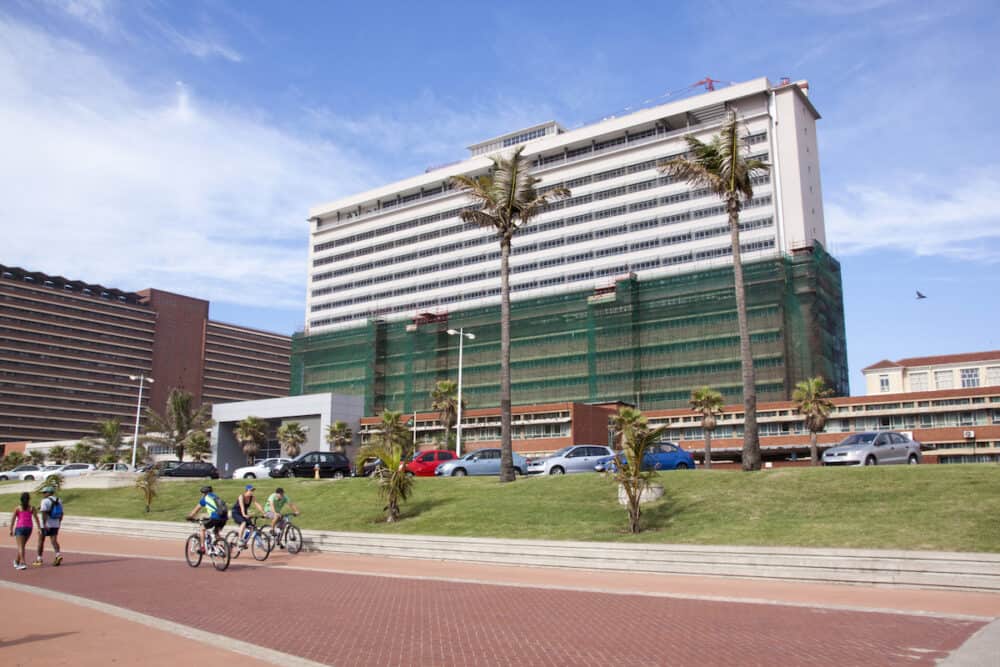
Private & Public Education:
The education system in South Africa faces various challenges that have contributed to its shortcomings. These challenges are complicated and often connected to historical, social, economic, and systemic factors.
Economic inequality is a significant issue in South Africa, leading to an imbalance in access to quality education. Students from disadvantaged backgrounds face barriers such as insufficient infrastructure, lack of resources, and poor teacher-to-student ratios.
The education system needs more qualified and motivated teachers. Low teacher salaries, difficult working conditions, and the lack of professional development opportunities have contributed to these problems.
Many public schools face these issues, but private schools have a good foundation and offer the same educational quality you will find in the US and the UK.
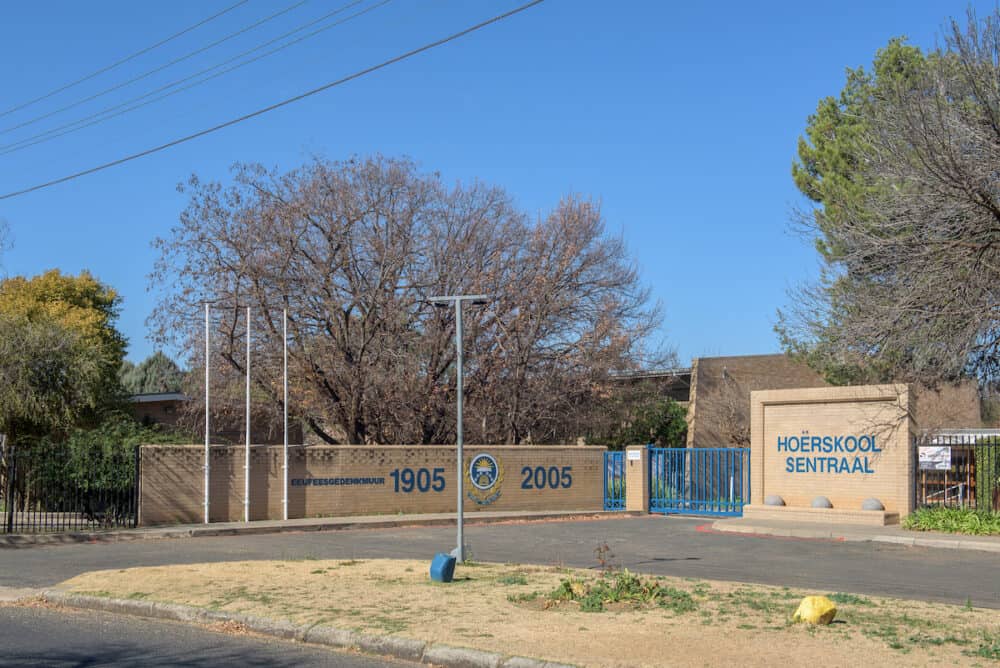
Loadshedding Issues:
Load shedding in South Africa refers to the controlled reduction of electricity supply to certain areas or regions by the national power utility, Eskom.
Load shedding is put in place to balance the demand for electricity with the available supply, especially during times of high demand and when the power generation capacity is insufficient.
Load shedding results from various factors, including inadequate maintenance of power plants, aging infrastructure, and a lack of investment in new power generation capacity.
Load shedding is one of the many reasons people decide not to live in South Africa. It disrupts everyone’s daily life and activities, making it difficult to live a normal lifestyle.
It forces you to make changes you wouldn’t have to deal with in other countries. This lack of trust in the government’s ability to provide a consistent electricity supply influences people’s decision to relocate.
It has deterred foreign investment, economic growth and affected the quality of life. Loadshedding disrupts schools, businesses, hospitals and even different tourism boards since it lessens the appeal for tourists planning to visit or work.
The uncertainty surrounding electricity supply creates challenges for long-term planning, such as investing in property, starting a family, or building a career.
It is up to you. There are ways around it, from buying power banks, staying on top of the daily schedules, charging everything whilst the power is on, and even just enjoying this moment without power.
During this time, it might be a chance to go out and exercise, take a walk or even read. You can choose how to work with it, but it is a significant factor to consider before making your move.
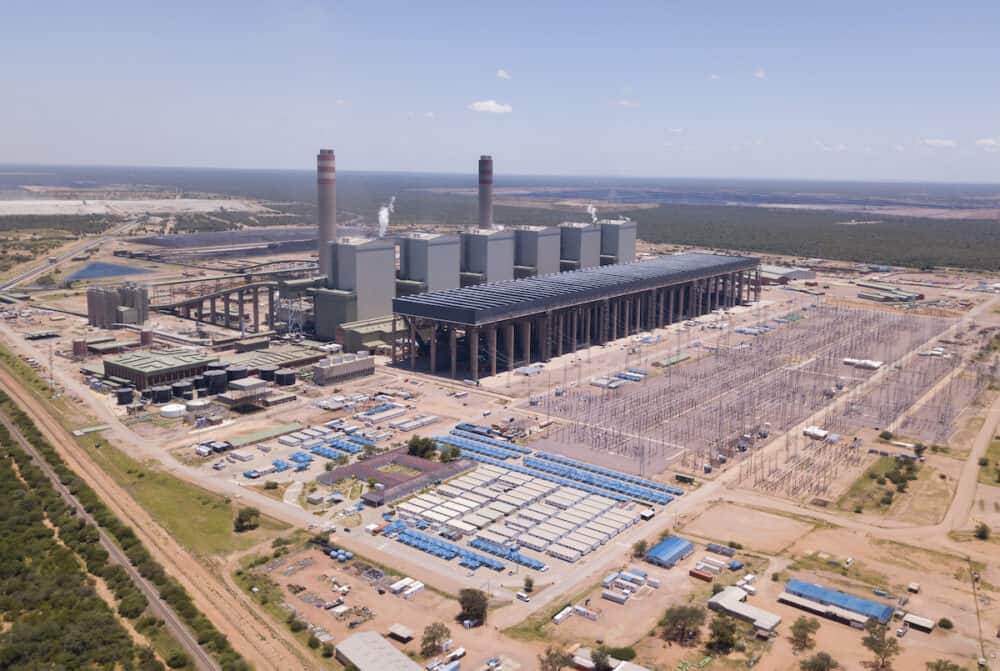
The Unfortunate Race Divide
“How is life in South Africa after the Apartheid?”
South Africa has endured many trials and heartache over the years, adding to an already divided race that the country has tried very hard to escape.
It is essential to be aware of this to avoid uncomfortable situations. Many people, especially the younger generation, have jumped the divide and unified relationships.
Unfortunately, others carry the emotion close to their heart after the devastation that impacted their ancestors and family during the Apartheid era.
I’d recommend that you treat everyone with respect, and you will be treated the same.
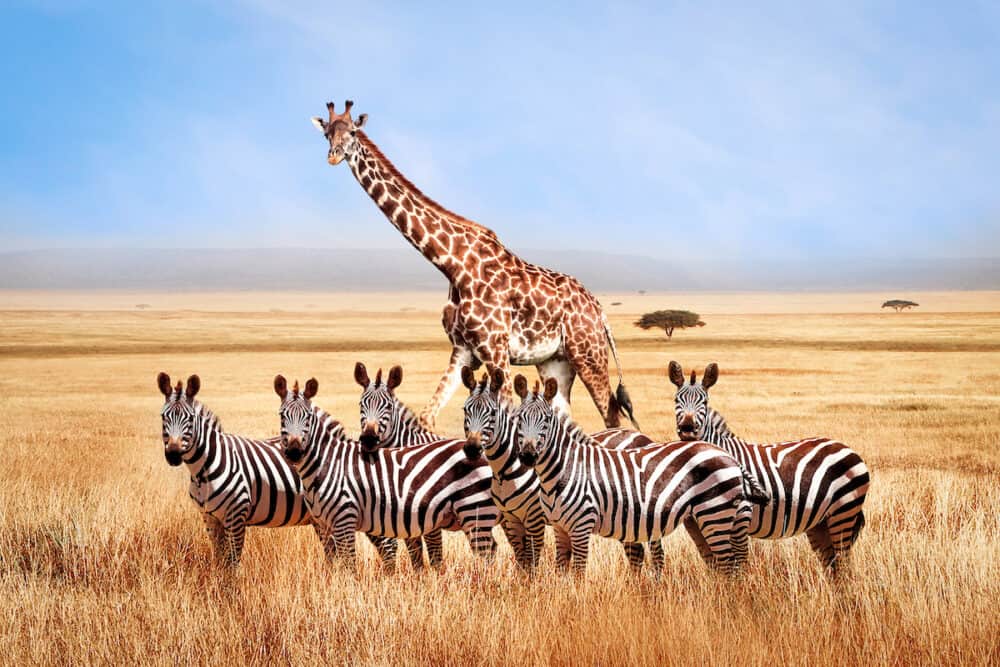
Five Dangerous Cities in South Africa
Below are five South African cities with an unfortunately high crime rate. The safety within these areas varies depending on where you are since each city is massive, with different neighbourhoods that actually fall under being a safe and regulated area.
You will notice a couple of the cities mentioned in the ‘safest cities’ section are included, and that is because the reputation in different neighbourhoods depends on various factors.
- Cape Town
Cape Town is one of the best cities in South Africa, with several reasonably safe neighbourhoods, but it also has a couple of no-no-zones that are best to avoid.
Areas such as Mitchells Plain, the Cape Flats and Khayelitsha house large townships, which attract a lot of crime, civil unrest and gang-related violence.
The main roads run past the outskirts, making it dangerous to drive at night from the city centre. Even at the heart of Cape Town, walking alone at night down popular and quieter streets should be avoided.
- Durban
Durban is a major city with its fair share of safety concerns. Crime increases the closer you get to the city centre and the townships surrounding it.
Like Cape Town, the majority of the crime is non-violent. Still, Durban does hold a reputation for harsh scamming, especially towards fresh tourists.
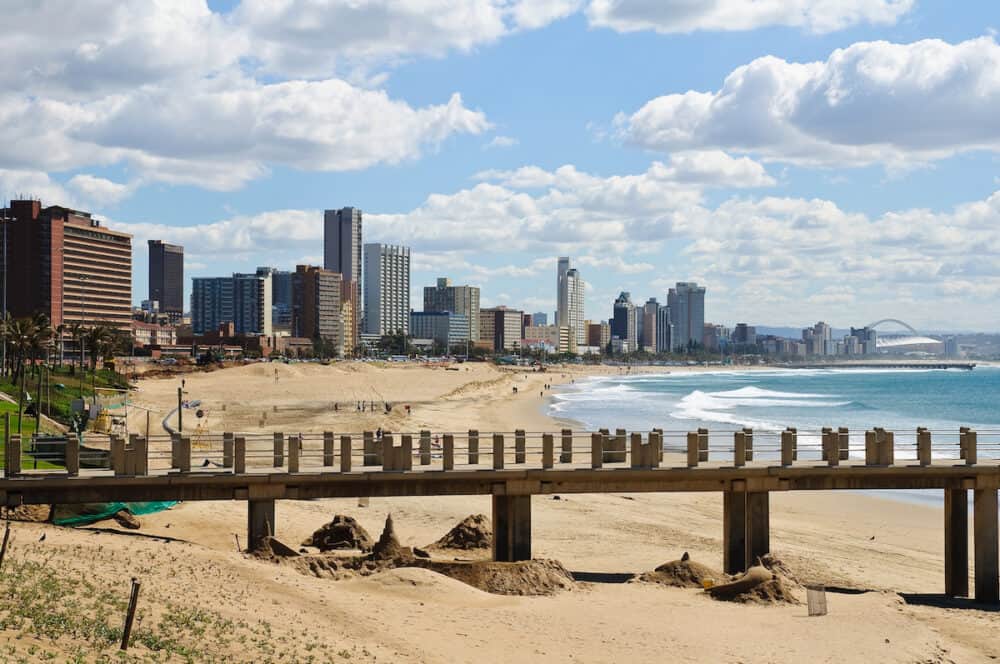
- Pretoria
Pretoria is a great city with a lot to offer, especially its beautiful Jacaranda trees lining its roads. Still, it hit the number one spot as the city with the highest crime rate in South Africa.
Common crimes, the are is known for consistent of robberies and the never-ending corrupt government.
- Johannesburg
Joburg, like the other cities mentioned, is actually a great city but it’s good to be aware of areas that are best avoided. There are higher chances of being mugged, held-up, bag-snatched, pick-pocketed and robbed.
We recommend steering clear of public transport rather, choose to catch an Uber or private taxi.
Again, going out at night is unwise, especially by yourself. Try to avoid wearing expensive jewelry, bags or watches outside in large public areas.
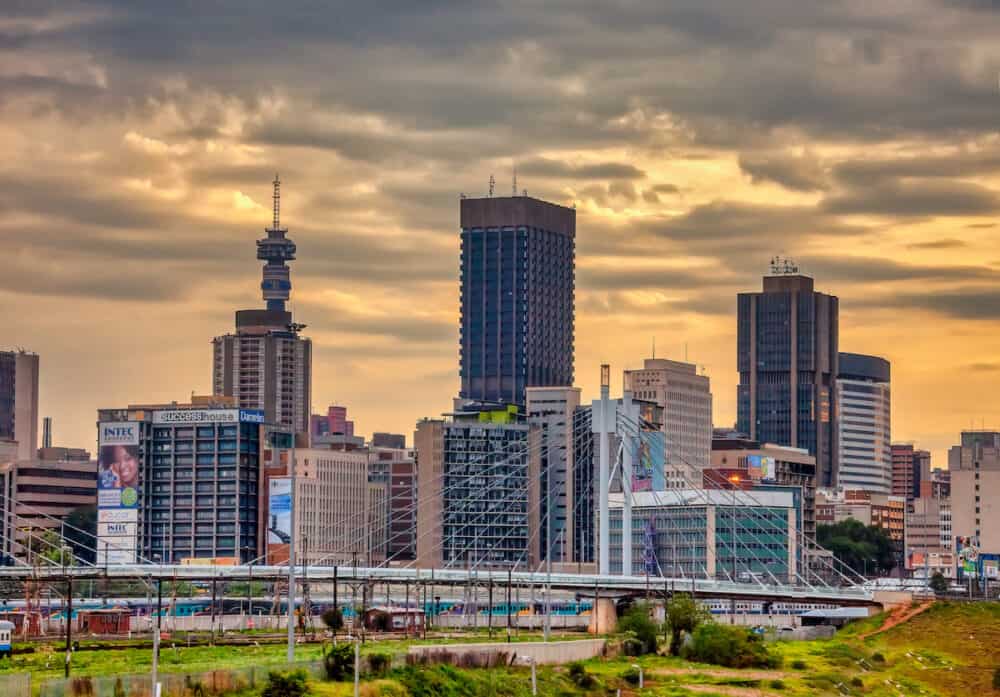
- Port Elizabeth
Port Elizabeth is a lovely and clean small town with a large expanse of nature parks and a laid-back atmosphere. However, like the others, it suffers from an increasing crime rate mainly in the city’s northern parts.
This town is not as dangerous as the other cities but still recommended to stay cautious. I’d recommend avoiding districts like Bethelsdorp, New Brighton and Motherwell.
“Is South Africa a safe place to live?”
Yes it can be as long as you accept the changes you would have to make living there and understand the issues South African faces daily. Such as being unable to walk to the shops alone, etc. These things can be a complete mindset change for some.
Whilst many problems have been mentioned throughout this article, South Africa offers many beautiful aspects and opportunities. It is a proud country and loved by its locals for what it’s been through and how strong it still stands today.
Relocating to South Africa can start an amazing journey for you or your family, and many foreigners before you have taken the leap to make it work.
If you research, check the facts and stay aware of everything for safety reasons, you will be surprised at the wonderful life you can create in the Southern part of Africa.
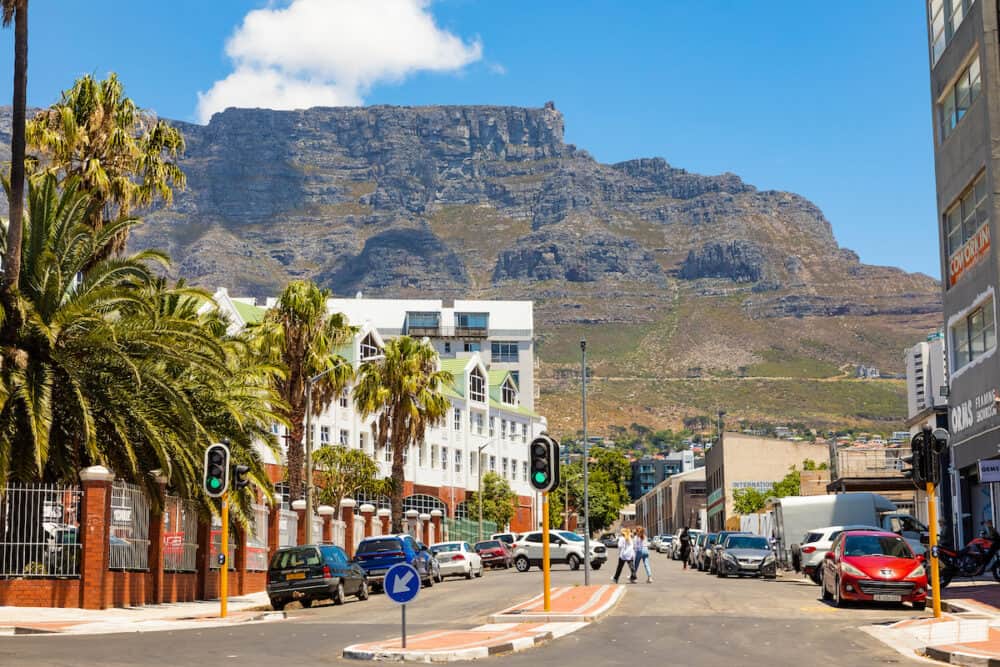
FAQs About how is life in south africa
What paperwork do I need to move to South Africa?
Moving to South Africa requires a valid passport, visa and/or permit depending on your nationality. Citizens of some countries may be able to enter the country without a visa or permit for up to 90 days, while citizens of other countries must apply for a visa or permit before entering.
How long does it take to process visas and/or permits?
It will likely take between one and three months for the processing of visas and/or permits in South Africa. Processing times can vary depending on the type of visa or permit you are applying for.
Is South Africa a safe place to live?
South Africa is a safe place to live, with crime rates in the country dropping significantly since its peak in 2008. That being said, visitors and residents should remain aware of their surroundings at all times and take common sense precautions.
Most areas are generally safe during the day, but people should be extra vigilant when travelling at night or in unfamiliar areas. Overall, South Africa is a reasonably safe country to live in – however visitors and expats should always exercise caution and take care when travelling there.
is south africa a good place for americans to retire?
South Africa is an increasingly popular destination for Americans to retire. It offers a wide range of lifestyle options, from beachside living to city life.
With its warm weather, friendly people, and great food, South Africa has been labelled the rainbow nation and is a great place for retirees to settle down. The cost of living in South Africa is also quite low compared to other destinations, so it’s possible to live comfortably without spending too much money.
Ultimately, whether or not South Africa is a good country for Americans to retire depends on personal preference and goals. If you’re looking for an affordable retirement destination with plenty of culture and opportunities for exploration, then South Africa could be the perfect place for you!
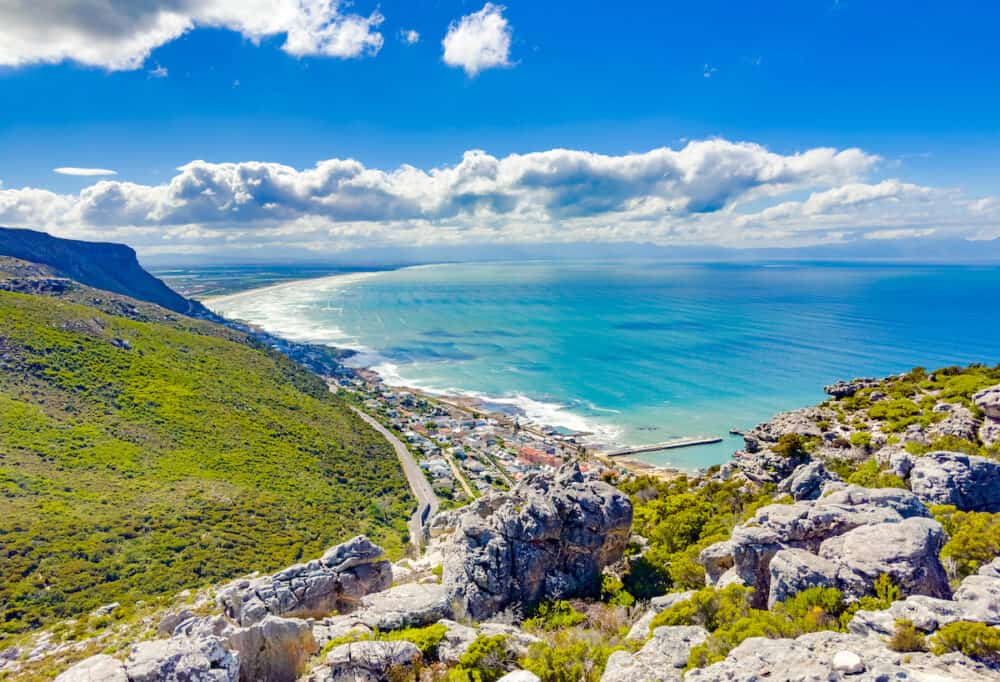
Final Thoughts: living in south africa pros and cons
South Africa is a fascinating country that offers everything from beautiful landscapes and beaches to rich culture and vibrant cities. With its moderate climate and relatively low cost of living, it can be a great place to live.
But if you’re thinking about making the move, it’s important to do some research and talk to people who have already made the move. They can provide valuable insight into what life is like in South Africa and help you make an informed decision.
So if you’re considering moving to South Africa, take the time to find out what it has to offer—you’ll be glad you did!
Read More:

